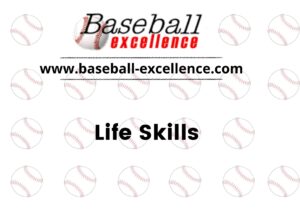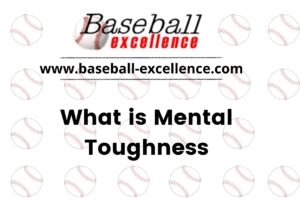Catching is such a difficult position and is so important that a teams’ catcher must possess certain attributes of leadership and mental toughness.
The question is simple but the answer is involved.
Can I trust the game to him?
If the answer to that is yes then you have a good starting catcher. You have something.
- Does he have the skill and techniques he needs to make your pitching staff look good?
1. Blocks balls in the dirt.
2. Keeps strikes in the strike zone.
3. Awareness of how to receive certain pitches-“stick” the low strike, catch the high strike close to his body, catch the high fastball without letting it tick off the top of his glove.
4. Throws every ball back to the pitcher briskly and hits him in the chest. - Does he have the awareness to control the tempo of the pitchers and thus the game?
1. Works fast when the team is ahead.
2. Aware of how to slow things down when the opposing team is mounting a rally.
3. Aware of critical times during the game.
4. Does he know how to talk to each pitcher when they get in trouble? - Is he tough enough to stay in the game with small hurts? It breaks up the tempo of a game for a coach to have to go out there every time he takes a foul ball on the inside of his thigh.
- Is he still and quiet back there?
- Is he soft back there?
- Can he receive the ball?
- Can he quarterback the defense?
1. Directs players on bunted balls.
2. Reminds players of outs and the various situations.
3. Displays leadership qualities. - Does he work hard in practice on his throwing and footwork?
- Does he display toughness and courage on plays at the plate?
- Does he display confidence to the rest of the team?
- Does he always hustle after foul pop ups even if they appear to be out of play?
- Does he always hustle after wild pitches even if they are meaningless or late in the game when he is exhausted?
If the answers to these questions are yes then you have a starting catcher.



